Freedom is a man's natural power of doing what he pleases, so far as he is not prevented by force or law
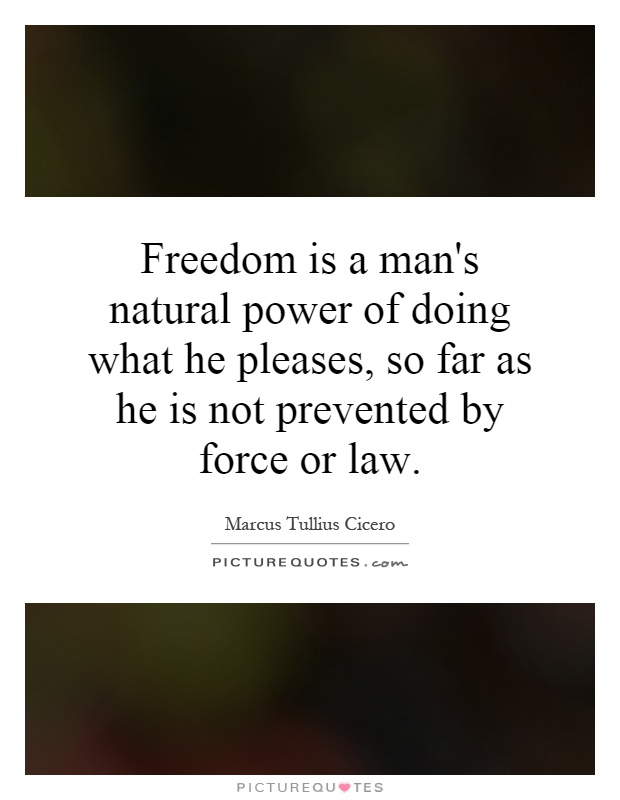
Freedom is a man's natural power of doing what he pleases, so far as he is not prevented by force or law
The concept of freedom has been a fundamental aspect of human society since the beginning of civilization. It is often defined as the ability to act or choose without constraint, and is considered a natural right of every individual. In the context of law, freedom is often seen as the balance between individual autonomy and societal order.The quote “Freedom is a man's natural power of doing what he pleases, so far as he is not prevented by force or law” highlights the idea that freedom is inherent to human nature. It suggests that individuals have the inherent right to act according to their own will, as long as they do not infringe upon the rights of others or violate established laws. This idea of freedom as a natural power is rooted in the belief that individuals possess certain inalienable rights that cannot be taken away by external forces.
However, the quote also acknowledges the role of law in regulating and limiting individual freedom. Laws are established by society to maintain order, protect the rights of individuals, and ensure the common good. While laws may restrict certain actions or behaviors, they are necessary to prevent chaos and ensure the well-being of society as a whole. In this sense, the quote suggests that freedom is not absolute, but is subject to the constraints of law.
The relationship between freedom and law is complex and often contentious. On one hand, laws are necessary to protect the rights and freedoms of individuals, and to prevent harm to others. On the other hand, laws can also be used to restrict individual freedom and infringe upon personal autonomy. This tension between freedom and law is a central theme in political and legal philosophy, and has been the subject of much debate throughout history.
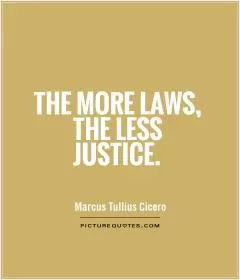
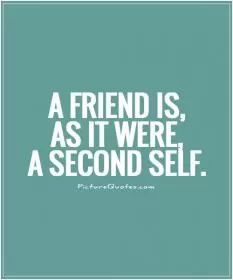
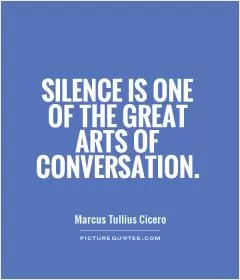
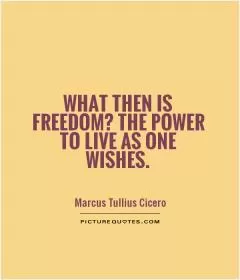
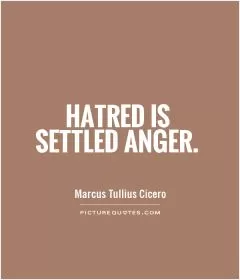
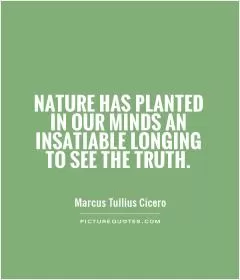
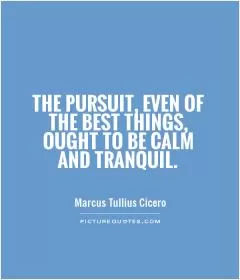
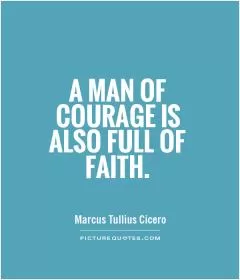
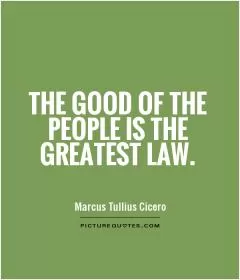

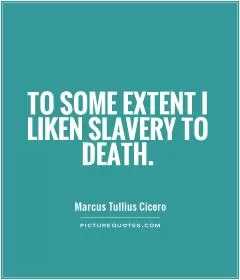
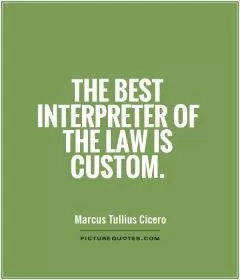
 Friendship Quotes
Friendship Quotes Love Quotes
Love Quotes Life Quotes
Life Quotes Funny Quotes
Funny Quotes Motivational Quotes
Motivational Quotes Inspirational Quotes
Inspirational Quotes